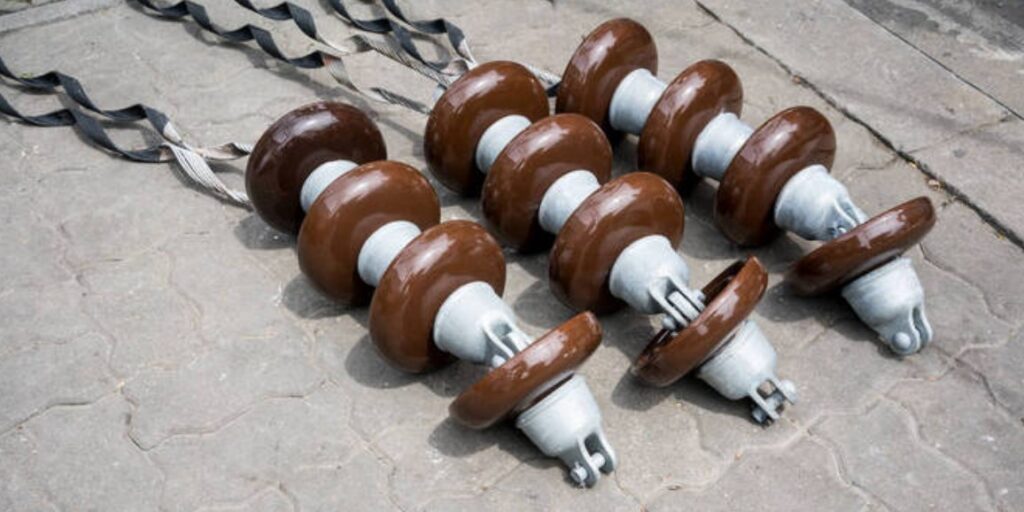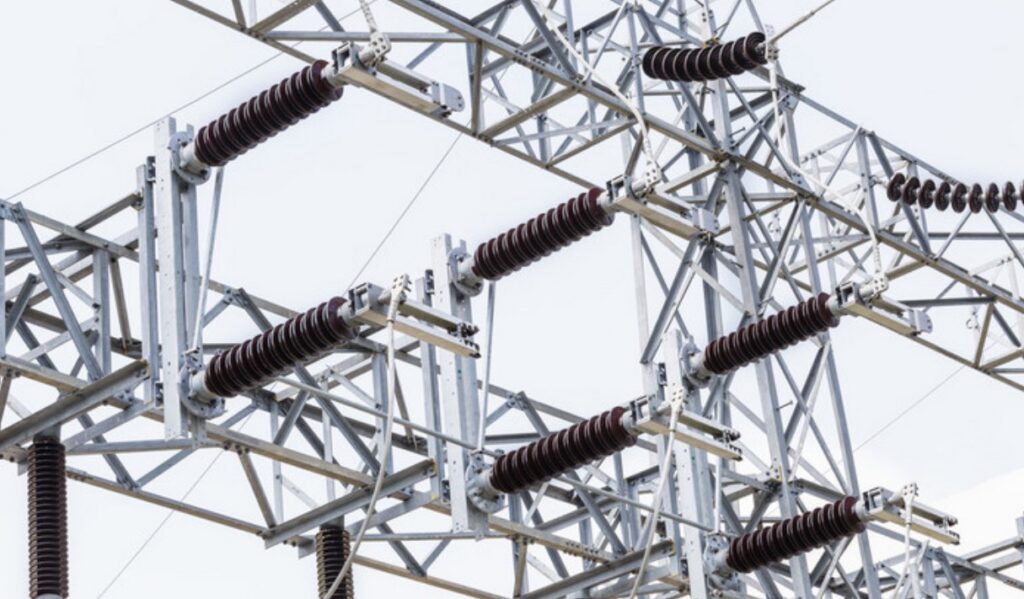What is an Insulator?
An insulator is a material that does not conduct electricity.
Common insulators include rubber, glass, and ceramics.
They are crucial in electrical systems.
Role of Insulators
Insulators prevent current from leaking.
They create a barrier between electrical conductors.
This barrier keeps electricity contained.
How Insulators Work
When electricity flows, it creates a field.
Insulators resist this electric field.
This resistance stops the current from escaping.
Importance in Power Transmission
In power transmission, insulators are vital.
They support overhead wires and prevent short circuits.
Without insulators, energy loss would occur.
Types of Insulators
Different types of insulators serve various purposes.
Pin insulators hold wires on poles.
Suspension insulators support long power lines.
Insulator Design
Insulators are designed to withstand high voltage.
They must be durable and weather-resistant.
This ensures they last in harsh conditions.
Testing Insulators
Insulators undergo strict testing.
They are tested for strength and durability.
Regular maintenance helps identify wear and tear.
Conclusion
Insulators play a crucial role in power transmission.
They prevent current leakage and ensure safety.
Understanding their function helps us appreciate electrical systems.



